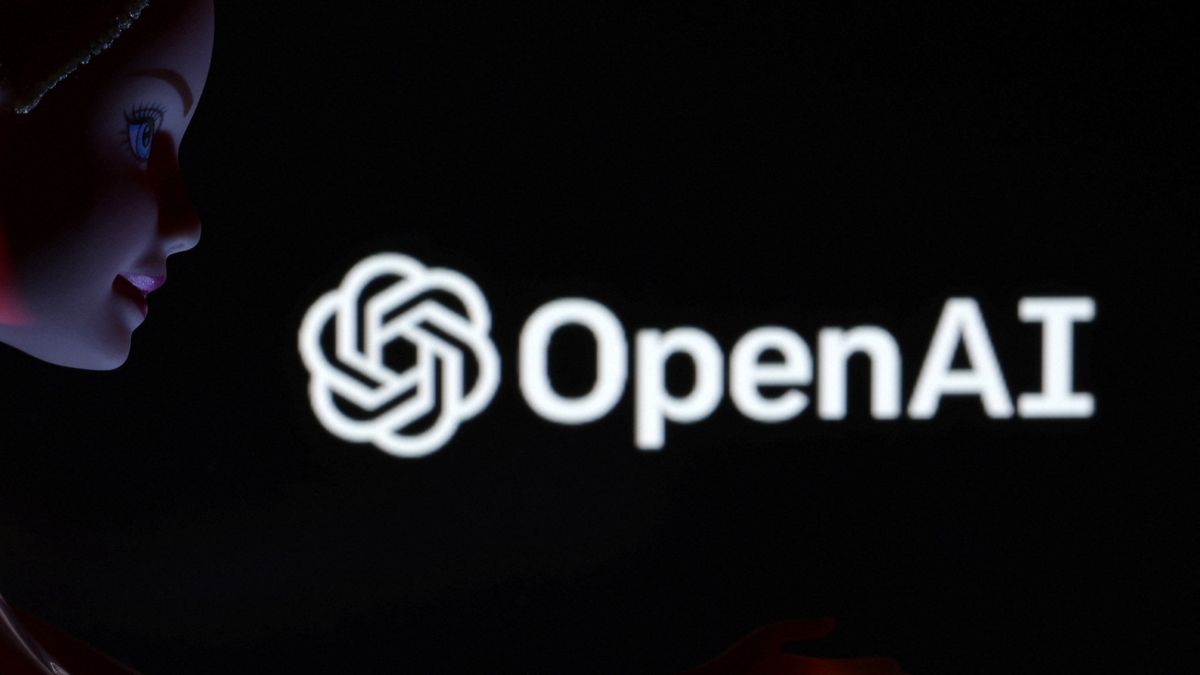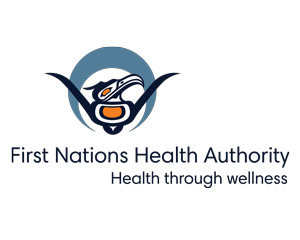
Artificial Intelligence (AI) is swiftly becoming a transformative force in healthcare, but it’s not without its share of challenges. As AI tools increasingly make critical decisions, concerns about bias and ethical use have emerged. The healthcare industry is now grappling with the need for stronger regulation to protect patients.
The Growing Role of AI in Healthcare
AI has immense potential to revolutionize healthcare, from diagnosing diseases to personalizing treatment plans. However, its growing influence also raises questions about the technology’s ability to make fair and accurate decisions. There’s a mounting concern that AI algorithms may unintentionally discriminate against certain patient populations, leading to unequal access to care.
Calls for Regulation
In response to these concerns, Senator Ron Wyden recently introduced the Algorithmic Accountability Act, which aims to hold companies accountable for the AI systems they use. The Act would require companies to conduct impact assessments to ensure their AI tools do not perpetuate existing biases or create new ones.
Additionally, there have been lawsuits against managed care insurers for using AI algorithms to deny care. The Centers for Medicare & Medicaid Services (CMS) has also issued guidance on the use of AI in health insurance decisions, emphasizing the need for transparency and fairness.
Expert Testimonies and the Need for Clearer Standards
Experts have testified before Congress on the need for clearer standards and audits to ensure AI tools are used ethically in healthcare. They argue that without robust regulation, patients could be put at risk. The call for stronger oversight is echoed by OpenAI, a leading AI technology company, which has embraced governmental oversight and called for the creation of a new agency to license AI efforts above a certain scale of capabilities.
However, crafting regulations for AI is no easy task. The Biden administration’s move to mandate more transparency in AI has raised concerns about coordination. Various agencies, including the FDA, FTC, and Office for Civil Rights, plan to issue their own rules, leading to fears of conflicting regulations or unclear lines.
Micky Tripathi, head of the HHS Office of the National Coordinator for Health IT, acknowledges these concerns and is working towards a more formalized governance structure for AI across HHS. The goal is to strike a balance between fostering innovation and preventing harm, protecting citizens’ privacy, and ensuring responsible AI development.
As AI continues to reshape healthcare, the need for effective regulation becomes increasingly urgent. The healthcare industry, policymakers, and AI developers must work together to ensure that AI serves the best interests of patients, without perpetuating biases or compromising ethical standards.
In conclusion, the integration of AI into healthcare promises significant benefits, but it also presents new challenges. As we navigate this evolving landscape, it’s crucial to establish clear and effective regulations that protect patients and promote ethical use of AI. The conversation around AI regulation is just beginning, and it’s essential that all stakeholders have a seat at the table.
link






